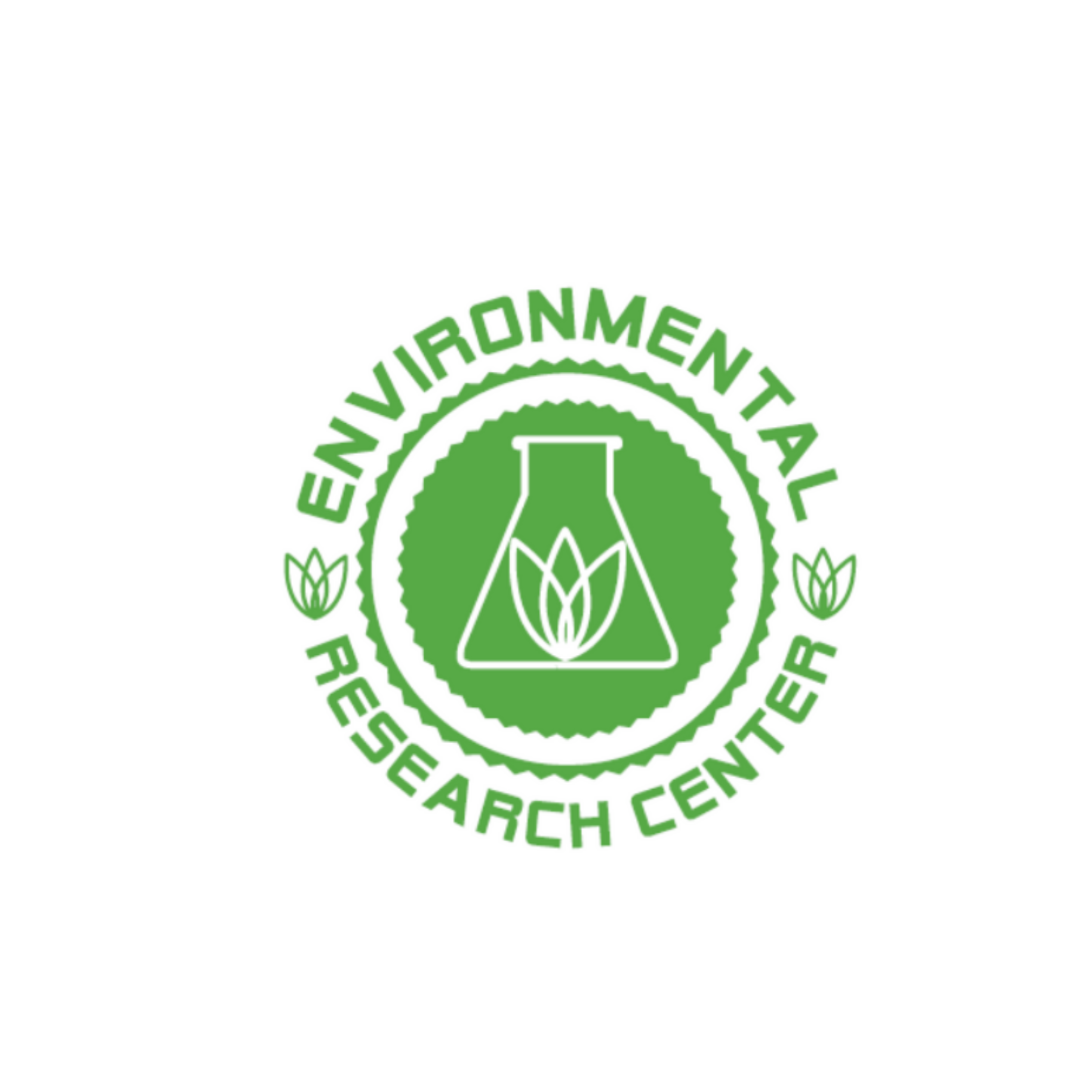Featured News: Nuking Plastic
You are running late and need a quick breakfast as you head out the door. You grab some Christmas dinner leftovers in a plastic Tupperware container and slam them into the microwave. You snagged a fork on your way out and shovel sweet and salty potatoes into your gob as you weave through the morning rush. Problem? Assuming a lack of traffic violations, according to the latest in plastic toxicology, no problem except you’ve probably just poisoned yourself.
In a current study, researchers used baby food containers currently available in the store, approved by the FDA, to see how the medley of plastics and chemicals impacts human health. They put the containers through a couple of temperature-related tests including heating them in the microwave and simply leaving them out in a warm room (think leaving shelf-stable food in the car or a baby bag). They found that microwaving the containers or leaving them in a hot room released more than 10 million nanoparticles into the food. Microplastics, or slightly larger pieces of plastic, are often sorted from the body by the kidneys but nanoplastics are much smaller and harder to eliminate. They engage with the body in a way that emulates hormones, causing false and detrimental signals to fire off all over the body. You’ve likely heard the term “hormone disruptors.” This is a big part of the danger they carry. It’s terrifying as hormones regulate some part of nearly every system within the body from facilitating proper brain function to healthy cell growth to successful emotional regulation. The range of cancers and developmental issues that this influx of false hormonal triggers could and likely is causing within our bodies is nearly limitless.
Researchers then took that slurry of plastics and chemicals and exposed embryonic kidney cells to them in a concentrated soak. About 75% of the cells died after just two days. While the concentration was quite a bit higher than what a baby or person would be exposed to after eating a single serving of microwaved food, researchers noted that many of these chemicals would build up in the body over time, resulting in a compounded level of chemical exposure over time. The bottom line of this study: Do not store or heat your food in plastic. Additionally, as babies are more susceptible to toxin absorption than adults, never heat baby food in plastic containers. Even if the FDA says a plastic container is safe, it’s probably not. Limiting plastic exposure for you and your family is the only sure way to eliminate this source of nanoplastics-related poisoning.
Check out an article by Wired summarizing the full findings of this study here!

